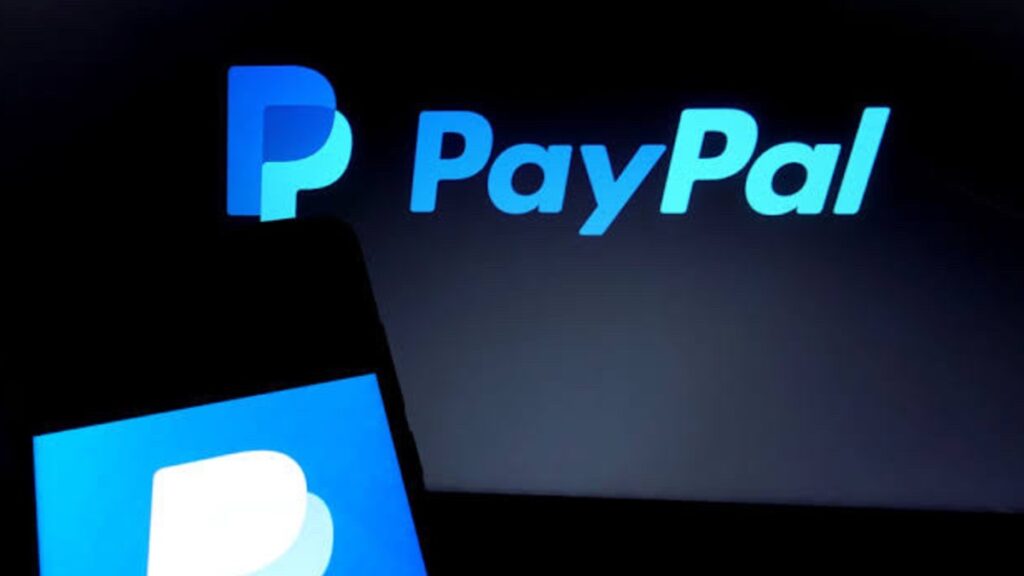PayPal has teamed with Anchorage Digital to promote PYUSD despite legal and regulatory issues with stablecoin interest payments.

Thanks to this partnership—which Fortune first announced—incentives for institutional investors to hold PayPal’s PYUSD will be provided.
Unlike other cryptocurrency organizations that operate under state licenses or as uncontrolled enterprises, Anchorage Digital is the only U.S. crypto corporation with a federal bank charter.
It functions as a federally regulated digital asset bank. PayPal’s attempt to enter the stablecoin market with PYUSD has had difficulty taking off.
In sharp contrast to Tether, the market leader in the space with a current valuation of $117 billion, PYUSD had a market worth of less than $1 billion a year after its introduction.
In order to increase transaction velocity, cut expenses, and broaden its use beyond the Ethereum network, PayPal extended its stablecoin to the Solana blockchain in May.
Legal Issues
The partnership has brought up the regulatory environment around stablecoin interest payments. According to Anchorage Digital, they are exempt from monitoring by U.S. financial regulators because the awards are not securities offerings.
Instead, Payouts will avoid jurisdictional scrutiny by being handled via a Cayman Islands organization, as Fortune reports. This approach reflects more general industry strategies to deal with regulatory uncertainty.
Stablecoins such as Tether and USDC (USDC) have benefited from the high interest rates offered by U.S. Treasuries; yet, because of regulatory uncertainties, firms have largely avoided distributing these gains to users.
The strategy used by PayPal and Anchorage may be considered a workaround where more conventional safeguards, such as FDIC insurance, are inapplicable.
This latest move with PYUSD highlights PayPal’s dedication to growing its footprint in the cryptocurrency market despite the unpredictable regulatory landscape as it continues to diversify its offerings.
